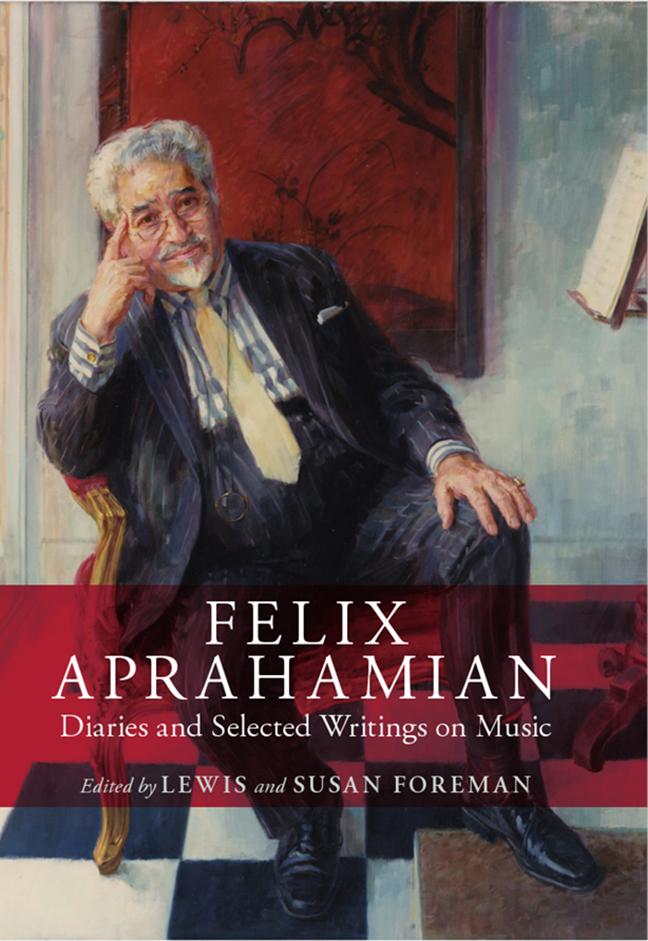Book contents
- Frontmatter
- Contents
- Illustrations
- Foreword
- Preface
- Acknowledgements
- Introduction: Felix Aprahamian: A Life in Music and Criticism (5 June 1914 – 15 January 2005)
- Part I The Musical Diaries of Felix Aprahamian
- Part II Articles and Reminiscences about Friends and Contemporaries
- Part III Remembering the Great Organists
- Select Bibliography
- Index
- Previous Books by Susan and Lewis Foreman
Part III - Remembering the Great Organists
Published online by Cambridge University Press: 20 December 2023
- Frontmatter
- Contents
- Illustrations
- Foreword
- Preface
- Acknowledgements
- Introduction: Felix Aprahamian: A Life in Music and Criticism (5 June 1914 – 15 January 2005)
- Part I The Musical Diaries of Felix Aprahamian
- Part II Articles and Reminiscences about Friends and Contemporaries
- Part III Remembering the Great Organists
- Select Bibliography
- Index
- Previous Books by Susan and Lewis Foreman
Summary
Transcribed, with minimal editing, from unscripted reminiscences recorded on audio cassette during an American lecture-tour in the spring of 1988. The cassette (7013) was issued in aid of the Alexandra Palace Organ Appeal by the Pro Organa America label of Durham, North Carolina. It was produced by the American organist Frederick Hohman, with a spoken introduction by Frederick Hohman.
Lynnwood Farnam
An American organ-builder wanted to test and try out a few English organs to investigate a certain balance of dynamics throughout the range. He would play a middle C and then go down the scale and see whether the sound got softer or louder, and this was a man called J. B. Jamison, who was with the Estey Organ Company, and then he went to Aeolian-Skinner and then I believe he finished up with Austin’s. I’ve been delighted to see a book by him, Organ Design and Appraisal, in which there is a paragraph which reminisces about the time he was in London and Lynnwood Farnam was there too.
I went round with Jamison and his London guide, Gilbert Benham – a man who wrote articles for The Organ – and took photographs of organ consoles. Fortuitously, Lynnwood Farnam and pupils of his, Robert Cato and Alexander McCurdy, happened to be in London at the same time. They wanted to do an organ crawl, so they came along, and it was my immense privilege to hear Lynnwood Farnam play that year's repertory on about half a dozen of the best London organs at the time. Now first of all who he was, what he was, I knew nothing – but for the first time I found a man who played the pieces by heart and adapted each organ he encountered marvellously to the requirements of the piece.
When you’re used to even eminent recitalists, to go along with them and do organ practice instead of just registering and orchestrating it, this was a new thing to me. It is true that G. D. Cunningham was a marvellous player and a memory player, a romantic player and also a man of fine taste. Yet as a town hall organist at Birmingham, Cunningham had to play rehearsals and do the Oberon Overture, the odd Wagner transcription. Lynnwood Farnam was in a different league altogether. He played organ music – transcriptions minimal.
.
- Type
- Chapter
- Information
- Felix AprahamianDiaries and Selected Writings on Music, pp. 359 - 379Publisher: Boydell & BrewerFirst published in: 2023



